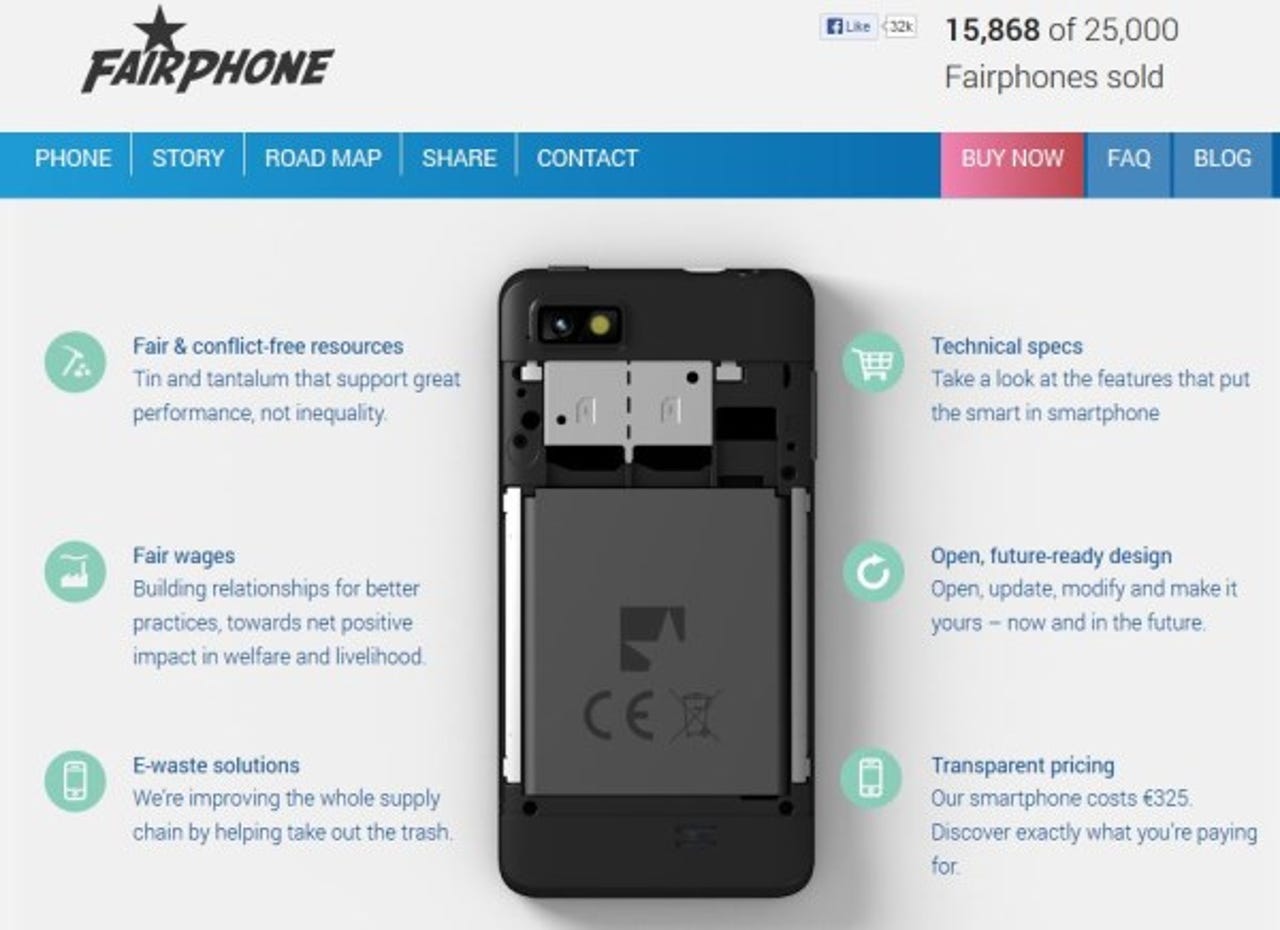Green? ITU wants to standardize eco-ratings for mobile phones

Smartphones are an ecological disaster, and there's very little evidence that users care. Nonetheless, during the ITU's Green Standards Week, industry experts proposed an eco-rating system that would enable buyers to make a more informed choice between devices.
The ITU says: "Criteria under consideration in the development of the new scheme include carbon footprint; battery life; the use of certain chemicals and rare metals; packaging; and recyclability, among others. The standard will be developed prioritizing principles such as lifecycle assessment, simplicity, transparency, feasibility and verifiability."
Today, any mobile phone supplier can make whatever claims it likes, but there are no common standards, so there's no way to compare one supplier's claims with another's. Telefónica's Francisco Montalvo said: "There is clearly a strong need for a common framework to enable industrial implementation."
The ITU says: "Organizations working with ITU’s Standardization Sector on the new scheme include device makers Alcatel-Lucent, Apple, BlackBerry, Fujitsu, Huawei, Motorola, Nokia and Samsung, operators AT&T, Orange, KPN, Telefónica and Vodafone, and industry partners including the GSMA."
It would be a good start if suppliers were obliged to reveal their sources of what are now known as "conflict minerals". The Dodd-Frank Act will require American public companies to declare the use of such minerals to the Securities and Exchange Commission (SEC) from May next year, but this does not prevent companies from using them. The mines -- in places like the Congo -- and the smelters are beyond the reach of US and EU law.
For "verifiability", there needs to be some form of third-party checking, perhaps by independent companies such as ifixit, which already assesses whether devices are repairable when it does teardowns.
A Dutch startup company, Fairphone, has announced an Android smartphone that uses "fair and conflict-free resources," pays workers fair wages, and will be recycled so as to minimize the e-waste problem. It has pre-sold 15,868 of its first batch of 25,000 phones (below).
While this is a worthy effort, it's not going to make much of an impact compared with, say, Apple, where some users are buying high-priced phones they don't need just to get one in a different colour.
